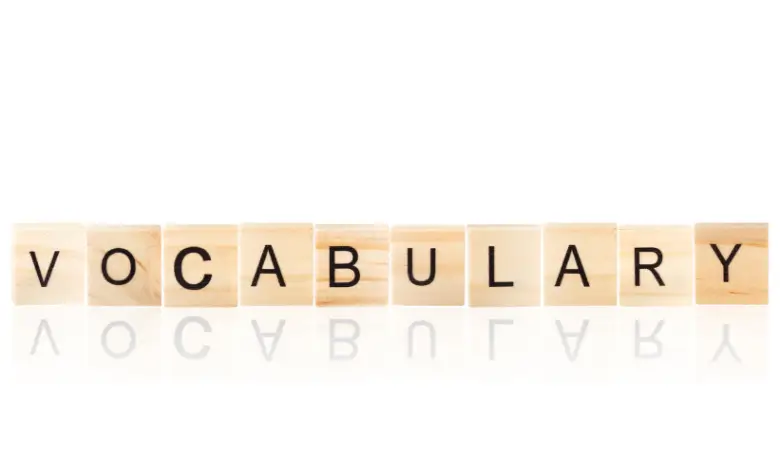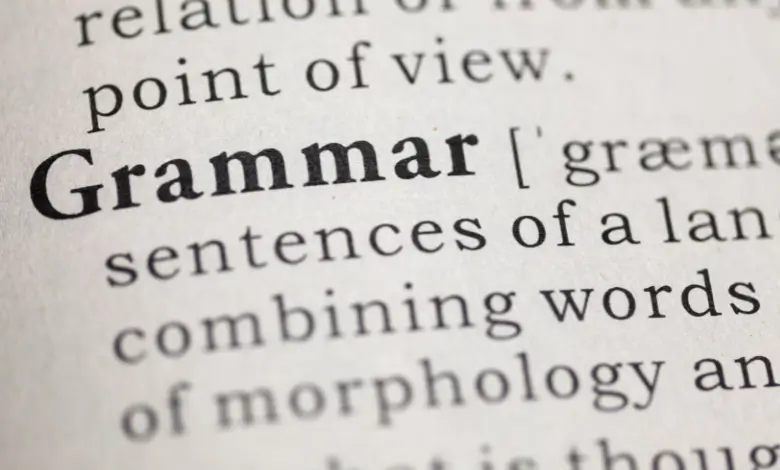Fun English activities for learners
Discovering the Joys of the English Lexicon Through Playful Exploration
Language is more than a utility; it is the gateway to cultural nuances, the bridge between minds, and the tool for crafting experiences.
As learners embark on the journey to English proficiency, engaging in activities that stimulate the mind and bring joy can transform the educational pathway into an adventure of discovery.
Below, we present a collection of playful and compelling activities designed to enhance one’s dexterity with the English tongue.
Cultivating Vocabulary With The Lexical Garden

- Word Association Games: Delve into the world of words with a partner or group, taking turns to respond with the first word that comes to mind upon hearing the previous word. A foray into this exercise not only expands one’s vocabulary but also sharpens neural connections, as words traverse various thematic gardens in the mind’s eye.
- Enigmatic Crosswords: Crosswords are a puzzle form that embodies the beauty of wordplay in a spatially organized lattice. To complete a crossword is to navigate through hints, often cloaked in clever wordplay, encouraging learners to recognize words in diverse contexts and connotations.
- Vocabulary Challenges: Consider a week-long thematic challenge, where each day is dedicated to learning new words related to a particular domain such as gastronomy, ecology, or technology. A symphony of words dedicated to a singular theme cultivates not just vocabulary but a nuanced understanding of a specific field.
Harnessing Grammar Through Dynamic Constructs

- Sentence Crafting Contests: Pose a grammatical concept each week and challenge learners to construct sentences encapsulating the essence of these concepts. Peer review sessions following these contests can encourage learners to reflect critically on grammatical structures.
- Grammar Scavenger Hunts: Create a list of grammatical elements, and have learners scour through texts to identify instances of these elements. This exercise not only aids in understanding practical usage but also introduces learners to an array of literary works.
- Constructive Debates: Organize debates on intriguing topics, compelling participants to articulate their thoughts using precise grammatical structures. As arguments oscillate amidst the rigors of debate, the practice with complex sentences and various grammatical aspects intensifies.
Phonetics and Pronunciation: The Articulation Arcade

- Tongue Twister Tournaments: Tongue twisters offer a fun yet challenging method for practicing pronunciation and focus on specific sounds. Contests can add a layer of excitement and promote practice as learners strive to say them faster without faltering.
- Phoneme Charades: Turn the task of distinguishing phonemes into a game by having learners act out words with particular sounds while others guess the sound in focus. This kinesthetic approach to learning anchors the sounds with movements and emotions.
- Accent Adaptation Exercises: Encouraging learners to mimic various English accents exposes them to the spectrum of sounds in the English language and the subtle variations between them, advancing their auditory discrimination and speaking abilities.
Writing Wonders: A Canvas for Expression

- Flash Fiction Forays: Imagination meets linguistic prowess in the world of flash fiction. By crafting short stories limited to a few hundred words, learners must choose each word judiciously, refining both their narrative skills and lexical choice.
- Captivating Captions: Assign a series of images for which learners will invent captivating captions or short descriptive paragraphs. This task demands creativity and precision, fostering the ability to convey vivid images through succinct phrases.
- Diary in Dialects: Encourage learners to maintain a diary, inviting them to write entries in different English dialects. This practice promotes the understanding of cultural context within language and the variation of phrasing and lexicon.
Listening Labyrinths: Navigating the Soundscape of Speech

- Podcast Puzzles: Assign a podcast episode and design comprehension questions that require attentive listening. The intricacy of spoken language unfolds in these auditory explorations, leading to a grander grasp of intonation and rhythm.
- Transcription Trials: Present a short audio clip and ask learners to transcribe it, capturing every nuance. This meticulous listening exercise sharpens awareness of spoken language’s subtleties and the orthography that represents them.
- Dialogue Dissection: Provide learners with film or theatre dialogue to analyze the linguistic features and conversational dynamics. Examining natural speech in performance grants insight into real-life communication patterns etched in cultural contexts.
Fun English activities for learners
In Conclusion: The Elegance of Engagement
In the grand concerto that is English language learning, each playful practice is a note contributing to a broader harmonic understanding.
The measure of success lies not merely in the precision with which learners articulate their thoughts but in the joy they derive from expressing themselves freely in the rich tapestry of the English language.
When learners are engrossed in activities that resonate with them, their language skills flourish organically.
The pursuit of perplexity and burstiness in language learning is an ode to the intricate dance between complexity and coherence, ensuring that each learner’s linguistic journey is as unique as it is rewarding.
Mastering the Basics: A Comprehensive Guide to English Grammar

